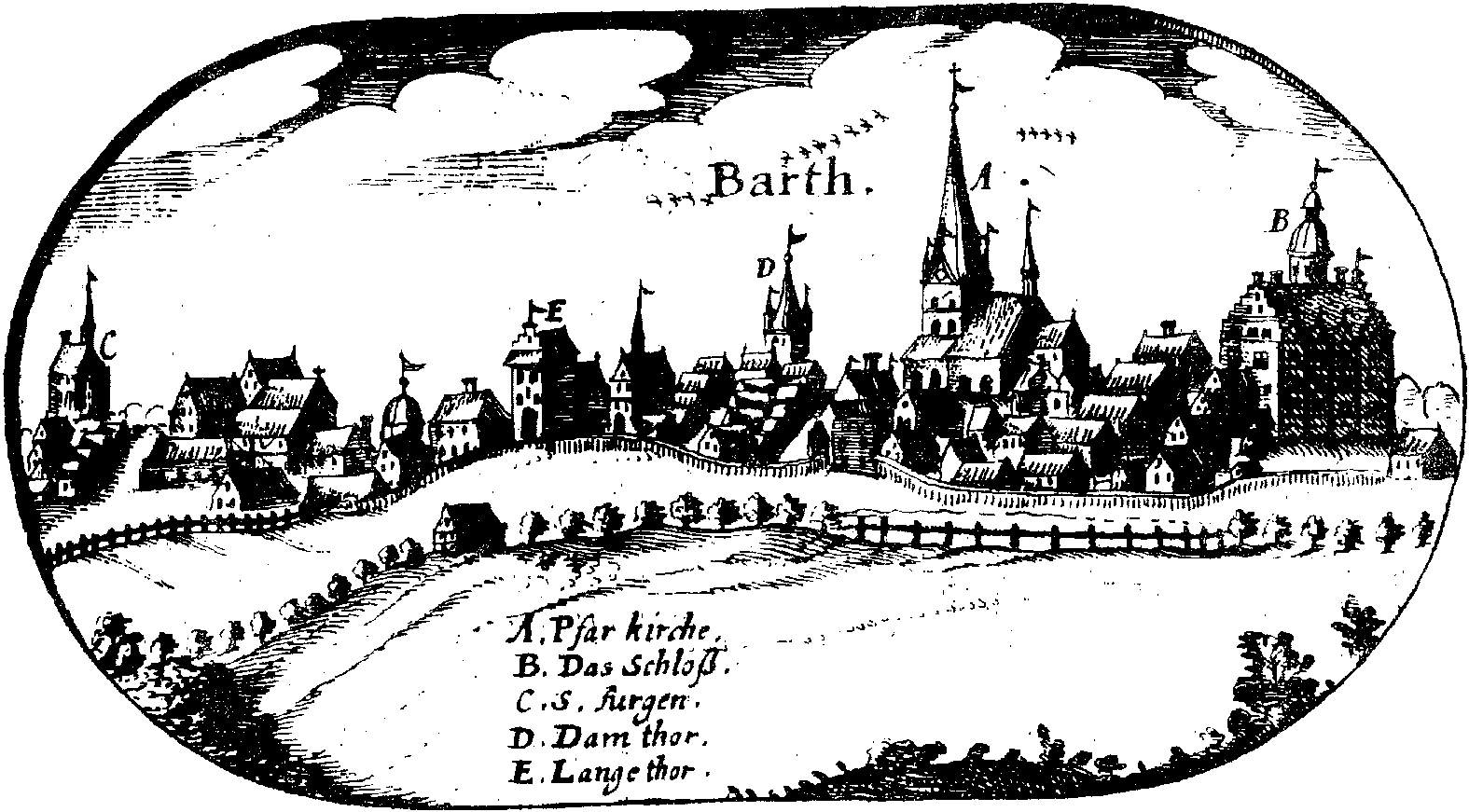|
Jutta Braband
Jutta Braband (born Jutta Czichotzke, 13 March 1949) is a former German politician. In the German Democratic Republic she was a civil rights activist who after 1990 became a PDS member of the Germany parliament (''Bundestag''). Her parliamentary career ended in May 1992 after it had become known that fifteen years earlier she had worked for the Ministry for State Security (''Stasi'') as a registered informant (''"inoffizieller Mitarbeiter"''). Life Provenance and early years Jutta Czichotzke was born in Barth, a small town close to the northern coast of a region which at that time was administered as Germany's Soviet occupation zone. She grew up in nearby Stralsund. Her father was a building engineer: her mother was a police officer. Between 1965 and 1967 she undertook a traineeship in industry and commerce. She passed her school final exams (''Abitur'') and the local sixth form college and moved on to work in industry, first in Stralsund and later in Berlin. She also, ... [...More Info...] [...Related Items...] OR: [Wikipedia] [Google] [Baidu] |
Barth, Germany
Barth is a town in Mecklenburg-Vorpommern, Germany. It is situated at a lagoon (Bodden) of the Baltic Sea facing the Fischland-Darss-Zingst peninsula. Barth belongs to the district of Vorpommern-Rügen. It is close to the Western Pomerania Lagoon Area National Park. In 2011, it held a population of 8,706. History Barth dates back to the medieval German Ostsiedlung, before which the area was settled by Wends of the Liuticians or Rani tribe. Jaromar II, Danish prince of Rügen, granted the town Lübeck law in 1255. In the same document, he agreed to remove his burgh, ''Borgwall'' or ''Neue Burg'', then on the northwestern edge of the town's projected limits. Another Wendish burgh, ''Alte Burg'' near today's train station, was not used anymore. The German town was set up on empty space between the burghs. Not a member of the Hanseatic League, the town never grew to the importance and size of neighboring Hanseatic towns like Stralsund. The last prince of Rügen, Witzlaw III ... [...More Info...] [...Related Items...] OR: [Wikipedia] [Google] [Baidu] |
Republikflucht
''Republikflucht'' (German for "desertion from the republic") was the colloquial term in the German Democratic Republic (East Germany) for illegal emigration to West Germany, West Berlin, and non-Warsaw Pact countries; the official term was ''Ungesetzlicher Grenzübertritt'' ("unlawful border crossing"). ''Republikflucht'' applied to both the 3.5 million Germans who migrated legally from the Soviet occupation zone and East Germany before the Berlin Wall was built on 13 August 1961, and the thousands who migrated illegally across the Iron Curtain until 23 December 1989. It has been estimated that 30,000 people left the GDR per year between 1984 and 1988, and up to 300,000 per year before the construction of the Berlin Wall in 1961. Legislation As of June 28th, 1979, the wording of § 213 StGB was: (1) Unlawfully crossing the border of the German Democratic Republic or violating legislation regarding temporary residence within the German Democratic Republic as well as transit ... [...More Info...] [...Related Items...] OR: [Wikipedia] [Google] [Baidu] |
Stasi Records Agency
, commonly known as the ) , dissolved = June 17, 2021 , superseding1 = , agency_type = Former Secret Police Archive , jurisdiction = , status = Dissolved, now part of the German Federal Archives , headquarters = Karl-Liebknecht-Straße31/33Berlin-Lichtenberg, Germany , coordinates = , motto = , employees = 1,313 () , budget = , chief1_name = Roland Jahn , chief1_position = Federal Commissioner for the Stasi Records , parent_department = , parent_agency = , website = (in English) , agency_id = , map = , map_size = , map_caption = Location on a map of Berlin. , map_alt = , footnotes = , embed = The Stasi Records Agency (german: Stasi-Unterlagen-Behörde) was the organisation that administered the archives of Ministry of State Secu ... [...More Info...] [...Related Items...] OR: [Wikipedia] [Google] [Baidu] |
Spanish Civil War
The Spanish Civil War ( es, Guerra Civil Española)) or The Revolution ( es, La Revolución, link=no) among Nationalists, the Fourth Carlist War ( es, Cuarta Guerra Carlista, link=no) among Carlists, and The Rebellion ( es, La Rebelión, link=no) or The Uprising ( es, La Sublevación, link=no) among Republicans. was a civil war in Spain fought from 1936 to 1939 between the Republicans and the Nationalists. Republicans were loyal to the left-leaning Popular Front government of the Second Spanish Republic, and consisted of various socialist, communist, separatist, anarchist, and republican parties, some of which had opposed the government in the pre-war period. The opposing Nationalists were an alliance of Falangists, monarchists, conservatives, and traditionalists led by a military junta among whom General Francisco Franco quickly achieved a preponderant role. Due to the international political climate at the time, the war had many facets and was variously viewed as cla ... [...More Info...] [...Related Items...] OR: [Wikipedia] [Google] [Baidu] |



